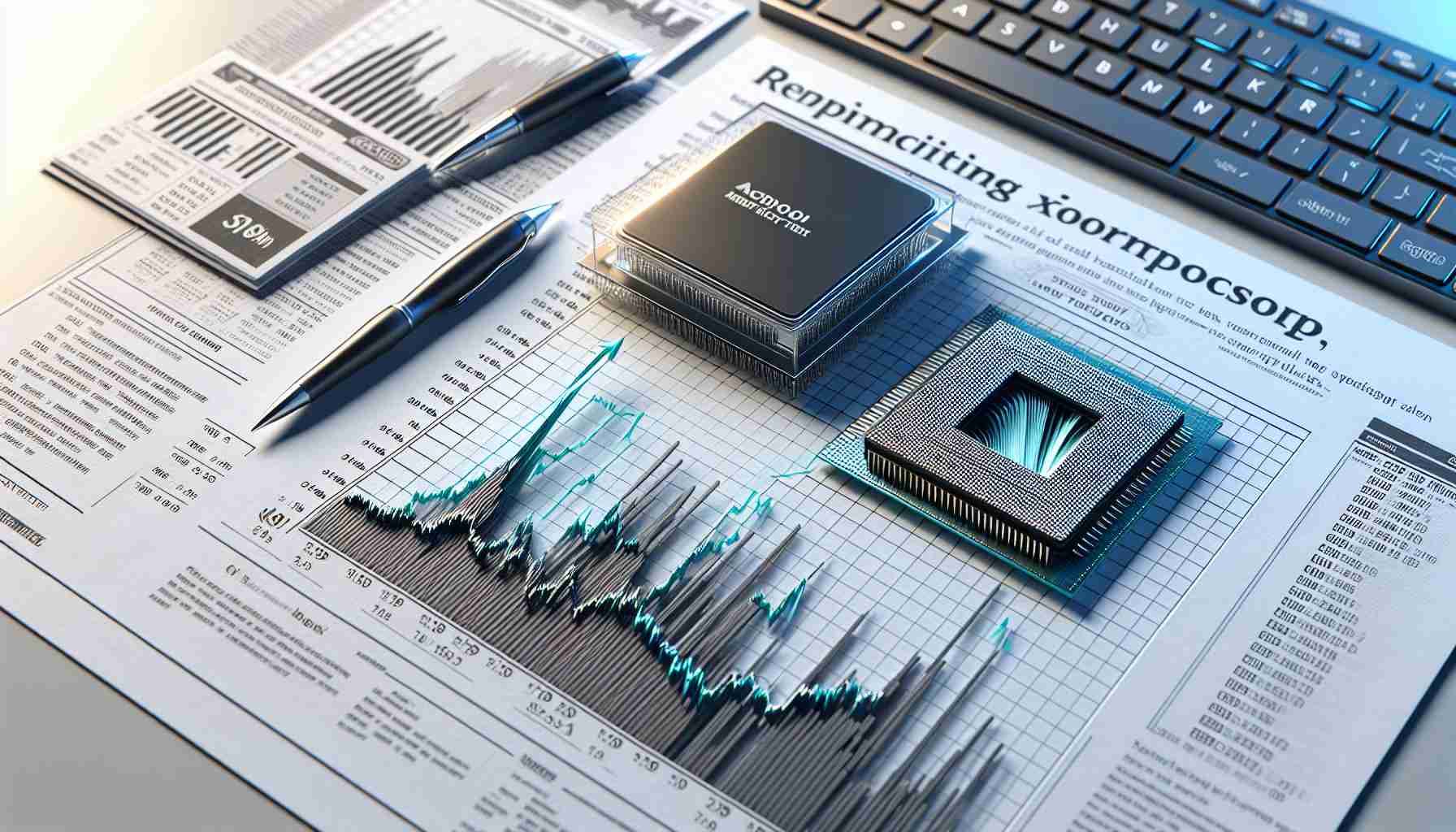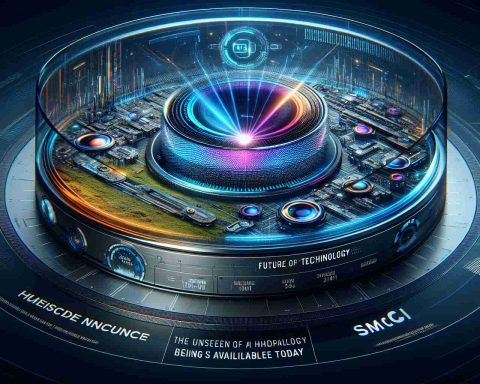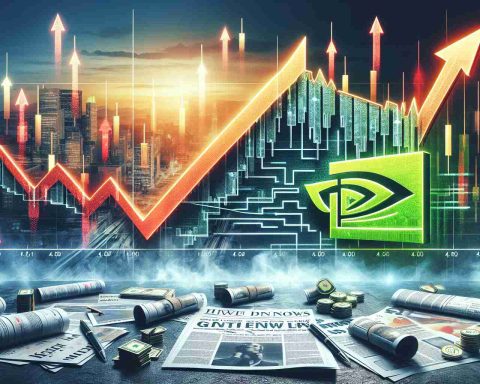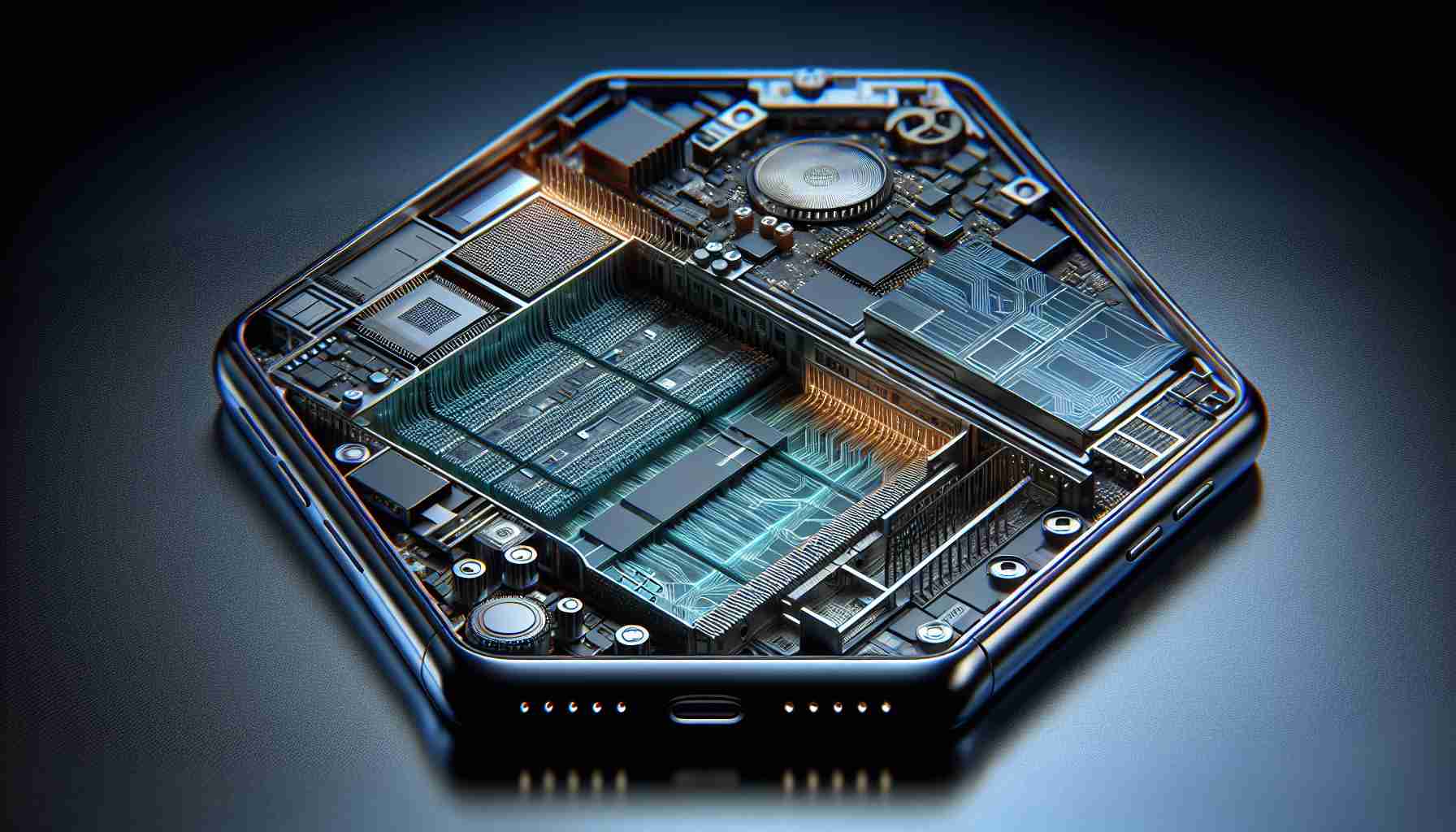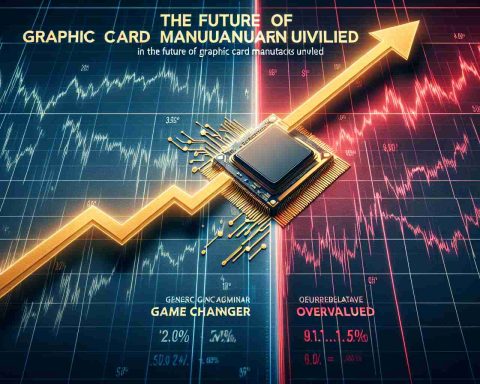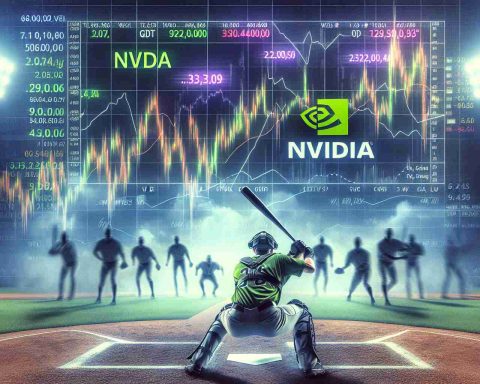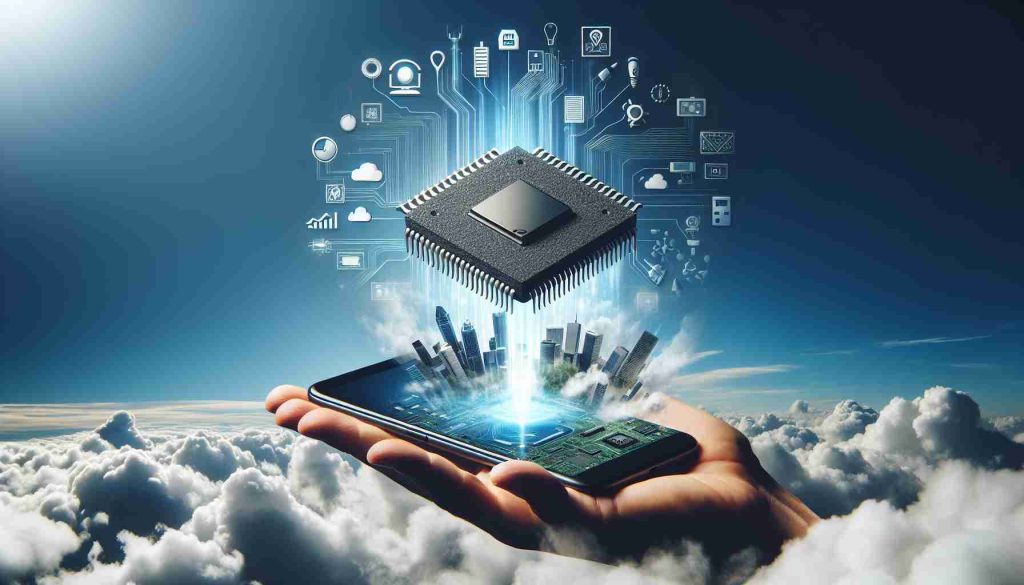In a surprising twist, Nvidia’s stock surged by 4.6% on Tuesday, driven by unexpected news regarding its next-generation Blackwell processors and upbeat analyses from financial experts. As of 3:30 p.m. EST, the tech giant witnessed a remarkable ascent, further establishing its dominance in the market.
Contrary to recent rumblings about heat issues with the new Blackwell processors, it was revealed today that these concerns had been addressed and rectified earlier this year. This revelation contributed to the positive momentum surrounding Nvidia, as analysts from prominent financial institutions elevated their price targets for the company’s stock.
With Nvidia poised to announce its third-quarter performance results tomorrow, excitement in the market is palpable. The Blackwell GPUs are generating high expectations, with investors eagerly anticipating the Q3 report. The news that any overheating problems have been previously resolved has reinforced confidence in Nvidia’s upcoming technological advancements.
Truist, forecasting robust demand into 2025, raised its one-year stock price target for Nvidia from $148 to $167. Meanwhile, Stifel, exhibiting even greater confidence, boosted its target from $165 to $180, signalling an overall optimistic outlook.
Nvidia had previously forecasted robust growth for the quarter, projecting sales to hit approximately $32.5 billion, reflecting an impressive 80% year-over-year increase. The company is particularly focused on achieving a 75% non-GAAP gross margin, a critical metric as investors evaluate Nvidia’s ongoing strength amidst the AI proliferation.
While Nvidia’s long-term prospects appear bright, stock market volatility might test investors following the earnings report. For those cautious of market fluctuations, a gradual investment strategy could be prudent.
Nvidia’s Blackwell Processors: The Untold Impact on Future Technologies
Nvidia’s rise in the stock market spotlight following the resolutions of previously reported issues with its next-gen Blackwell processors opens a broader discussion on how advancements in GPU technology affect various sectors. As anticipation mounts around Nvidia’s forthcoming performance results, the industry, communities, and global economies brace for potential shifts fuelled by these technological leaps.
The Broader Impact of Nvidia’s Technological Advancements
The advent of Nvidia’s Blackwell processors is not just about numbers or investor excitement; it’s about a technological evolution that could redefine areas ranging from gaming and artificial intelligence to automotive development and scientific research.
The new Blackwell processors promise substantial enhancements in computational power and energy efficiency, making them suitable for intensive data processing tasks. This has implications for AI research, where faster processing capabilities could accelerate breakthroughs in machine learning and autonomous systems. Learn more about Nvidia’s technology.
Advantages and Disadvantages
The advantages of upgraded processors like Blackwell include faster data processing, improved performance in AI applications, and potentially reduced energy consumption. These benefits can translate to advancements in fields like healthcare, where quicker computational models may enhance diagnostics and treatment plans.
However, high-performance processors come with their own challenges. The pressure on hardware manufacturers to manage heat generation is an ongoing concern. Although Nvidia reports resolving these issues, maintaining processor stability without excessive heat output remains crucial. Moreover, the accelerated obsolescence of older technology could widen digital divides, possibly leaving smaller tech companies struggling to keep up.
Controversies and Challenges
While Nvidia continues to innovate, certain controversies linger. Questions arise about the environmental impact of increased production and electronic waste. Furthermore, the geopolitical landscape around semiconductor manufacturing introduces complexities like supply chain vulnerabilities or political tensions influencing tech deployments.
The affordability of next-gen technology is another dimension that could engender debate. Elevated costs for cutting-edge hardware might benefit major corporations but could prove prohibitive for startups or educational institutions trying to incorporate the latest technology into their systems.
Exploring Future Possibilities and Concerns
As Nvidia prepares to showcase its quarterly performance, speculation swirls around what future applications could look like with Blackwell processors. Will we see augmented reality and virtual reality experiences reaching unparalleled levels of realism? Could supercomputers using Blackwell GPUs unlock new scientific mysteries or even catalyse novel engineering solutions?
Conversely, how will increased computational abilities amplify existing concerns, such as data privacy and cyber threats? With greater power at companies’ and hackers’ disposal, the stakes in cybersecurity will undoubtedly elevate alongside technological capabilities.
Key Questions to Consider
1. How will Nvidia’s advancements reshape the educational landscape? Could affordable access to high-performance computing democratise education globally?
2. In what ways might the global economy adapt to an era of rapid technological acceleration spearheaded by innovations like Nvidia’s Blackwell processors?
In conclusion, as Nvidia stands on the cusp of significant breakthroughs, the ramifications extend far beyond finance. Stakeholders at all levels are tasked with navigating an evolving digital landscape where innovation must be balanced with broader societal considerations.

